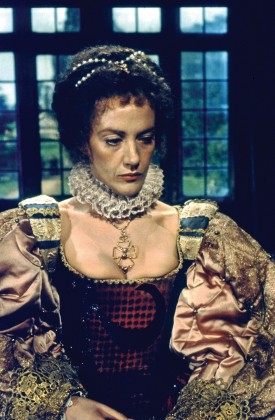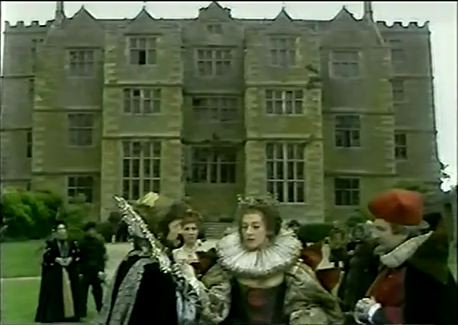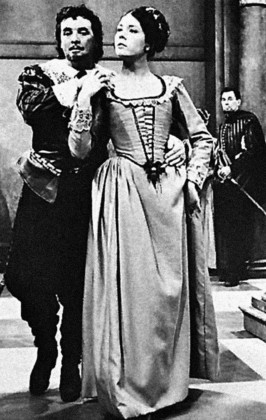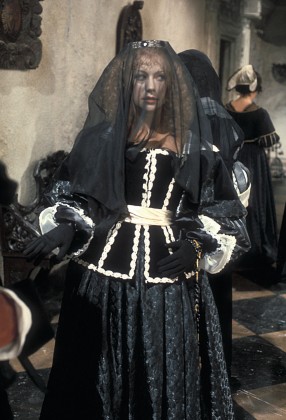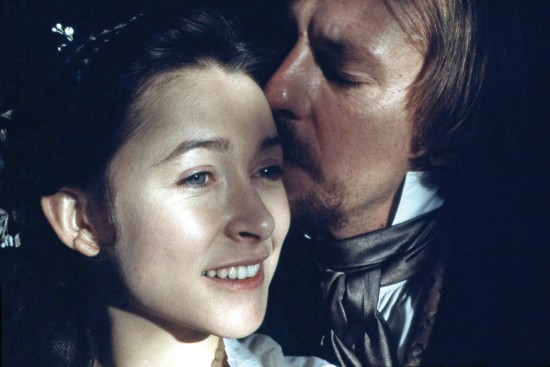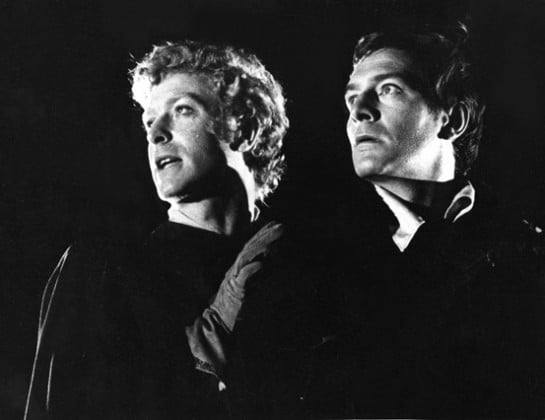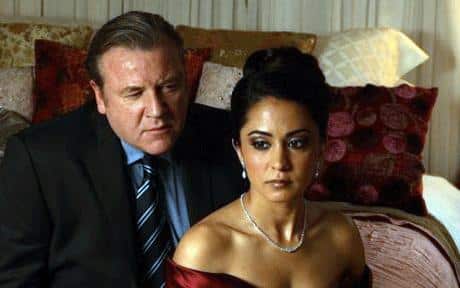Dir.: Roger Michell; Documentary with Eileen Atkins, Judi Dench, Joan Plowright, Maggie Smith; UK 2018, 84 min.
Director/writer Roger Michell (Notting Hill) is does not favours to four great actresses of the British stage and screen with his rambling documentary – even calling it a “gossip meeting”. Luckily the film is saved by the distinguished dames themselves: whose pithy wisdom and rich experiences gild Michell’s all too casual approach.
Maggie Smith started her career at the Oxford University Dramatic Society as Viola in Twelfth Night in 1952, aged seventeen. She later joined the National and played opposite Laurence Olivier as Desdemona in Othello and again was partnered with him in Master Builder. She tells Plowright how difficult her husband made it for her on stage. Maggie Smith won an Oscar for Best Actress in 1969 for the titular role in The Prime of Miss Jean Brodie, directed by Ronald Neame. She starred in Quartet and Room with a View, as well as popular features like Death on the Nile, and in the Harry Potter series, as professor Minerva McGonagall. Gosford Park (2001) was one of her finest films where she played Constance Trentham with a dry humour, that was her signature style. More recently she starred in Nicholas Hytner’s feature of Alan Bennett’s play The Lady in the Van: she was a brilliant Mary Shepherd, a former convert pianist, who lived as homeless hobo in a van on Bennetts’ forecourt in Camden Town. And on TV she was prominent in Downtown Abbey in 52 episodes as Violet Crawley.
All these women bemoan their “difficult times” with their (mostly) actor husbands, especially Joan Plowright, who hosts the get-together. She was married to Laurence Olivier between 1961 and 1982, and collaborated in his work at the National. When asked, in an archive clip, whether she missed out on other opportunities because of her relationship with Olivier, Plowright, there and then, politely refused to be drawn out on the subject, but today we know that the journalist’s question was very pertinent. Plowright starred in three famous Chekov plays on the stage, and acted with her future husband in John Osborne’s The Entertainer in 1957, which was filmed in 1960 by Tony Richardson: Joan playing the daughter of Olivier’s failing titular hero comedian Archie Rice. The casting was pitch perfect, since Olivier was 22 years older than Plowright. Her other film roles include Equus, Jane Eyre, The Dressmaker, but also Peter Greenaway’s Drowning by Numbers.
Eileen Atkins was forced by her mother to train as a ballerina between the ages of three and sixteen, even though she didn’t take to it. At the same time as these ballet lessons, she was performing as ‘Baby Eileen’ in Working Men’s clubs. Saved by her teachers, she not only became a great actress – her stage debut was The Killing of Sister George – but she, together with Jean Marsh, created the popular BBC series Upstairs, Downstairs, starring with her co-creator. Her TV work also included lead roles in Smiley’s People and Sons and Lovers. She was married to the actor Julian Glover between 1957 and 1966 – then he went on to marry the actress Isla Blair a day after he divorced Atkins. Her second marriage was to the producer Bill Shephard. In 1997 Atkins wrote the script to Mrs. Dalloway, directed by Marleen Gorris and starring Vanessa Redgrave. It was a great critical success, but a flop at the box-office. In 2001 Atkins starred with Maggie Smith in Gosford Park, directed by Robert Altman.
Judy Dench was sent to a Quaker school by her parents, and still is active in her faith. She is patron to more than 180 charities, many connected with film and theatre. Dench, who made her stage debut in 1957 as Ophelia in Hamlet, is by far the most outspoken of the quartet: angry about people telling her not try anything new at her age – and adamant about her own career choices. She sees ageism everywhere, and takes issue with it. Whilst she is most famous for her role as M in the James Bond movies like Skyfall, she has also starred in Iris and Philomena. With Joan Plowright and Maggie Smith she filmed Tea with Mussolini, as well as Ladies in Lavender with Smith. Dench is open about not being considered a classical beauty, and she hesitated for a long time about playing Cleopatra on stage – which she did eventually in 1987 at the National. Maggie Smith, who was tarred with the same brush by a sexist press, dominated by men, went to Ontario in the late 1970s, to play the Egyptian Queen on stage.
Unfortunately, Michell just skirts over everything, degrading his cast to an old-ladies ‘Kaffee Klatsch’. But even the little he leaves, is still worth watching, and even more so for devotees of this sterling British quartet. AS
DAME MAGGIE SMITH 1934-2024

